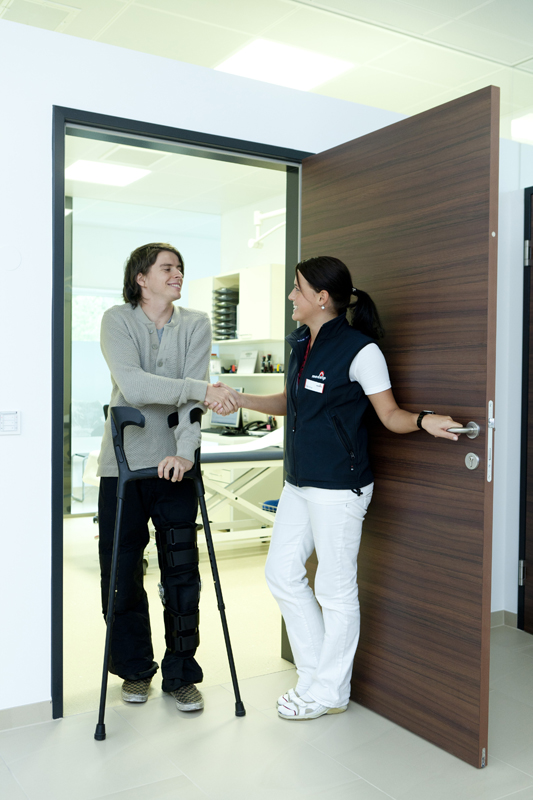Section 5: Treatment and Intervention
168 Communication with Medical and Other Clinical Professionals
 Active participation in decision making regarding your own health and the health of your dependents is strongly recommended. Despite a high ratio of ASD diagnoses (which is 1 in 54 according to the CDC [2020]), the process of diagnosing is not an easy undertaking for professionals. Manifestation of ASD may differ in each individual or even evolve with age. Moreover, sometimes the symptoms that resemble ASD may not be ASD but be signs of a different or co-occurring disorder.
Active participation in decision making regarding your own health and the health of your dependents is strongly recommended. Despite a high ratio of ASD diagnoses (which is 1 in 54 according to the CDC [2020]), the process of diagnosing is not an easy undertaking for professionals. Manifestation of ASD may differ in each individual or even evolve with age. Moreover, sometimes the symptoms that resemble ASD may not be ASD but be signs of a different or co-occurring disorder.
How to Start a Conversation with the Doctor
Sometimes, parents/caregivers are not quite sure how to share their concerns with a doctor, especially when the doctor can only spend a limited amount of time with the patient. Therefore, it is worth going to the doctor prepared.
Preparing yourself for the next medical/office visit and/or procedure:
Share with your doctor:
 How does your child communicate?
How does your child communicate?- What are your child’s strengths?
- What are your child’s likes? (Reinforcer checklist)
- How have other appointments gone in the past? (What worked, what didn’t…)
- What problems do you foresee? (What are the precursors to behaviors?)
- What strategies are helpful in preventing and responding to behaviors?
- Print out the checklist of developmental milestones (www.cdc.gov/ncbddd/actearly/milestones/) and checking whether the child is meeting the ones relevant to his/her age.
- See the HANDS in Autism® screening poster/checklist
- Write down particular concerns to feel gathered and express concerns clearly during the visit (www. firstsigns.org/concerns/ parent_doc.htm).
Help prepare your child:
- Schedule a pre-op (or procedure) visit
- Pre-exposure to the setting, people, equipment…
- Practice/model procedures with doll, parent, and child
- Fun and reinforcing pre-visit if possible
- Develop visual stories/narratives
- Used to help individual understand what is going to happen
- Generic (general office visits) or specific (procedures)
- Find books on hospital/clinic visits/procedures
Throughout the visit and after it, do not be afraid or embarrassed to ask for clarifications of any unclear terms.
If any follow-up is needed, or there are still concerns on the part of the parent and/or doctor, the child can be referred to any of the professionals below for an evaluation:
- Developmental pediatricians
- Child neurologist
- Child psychologist or psychiatrist
